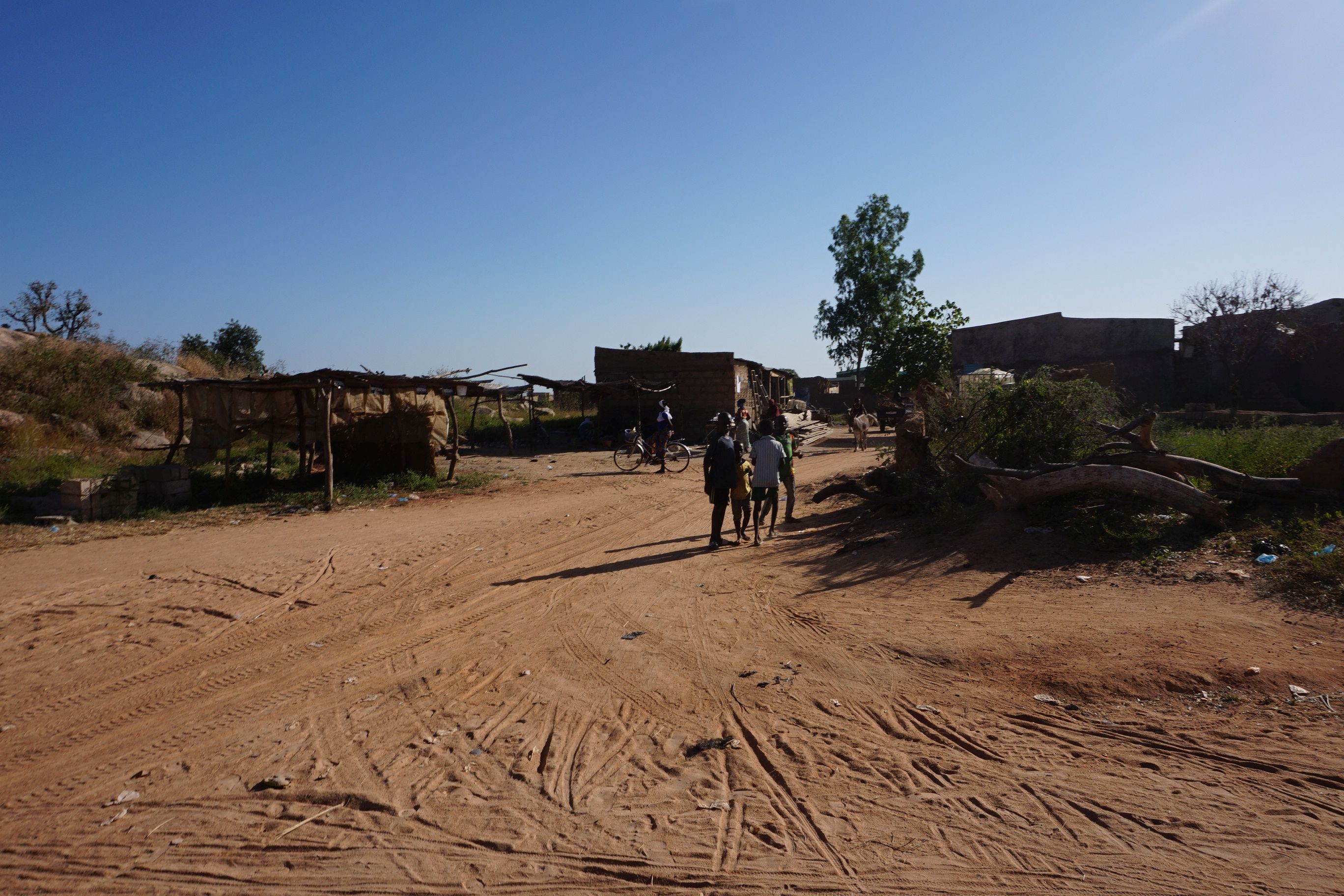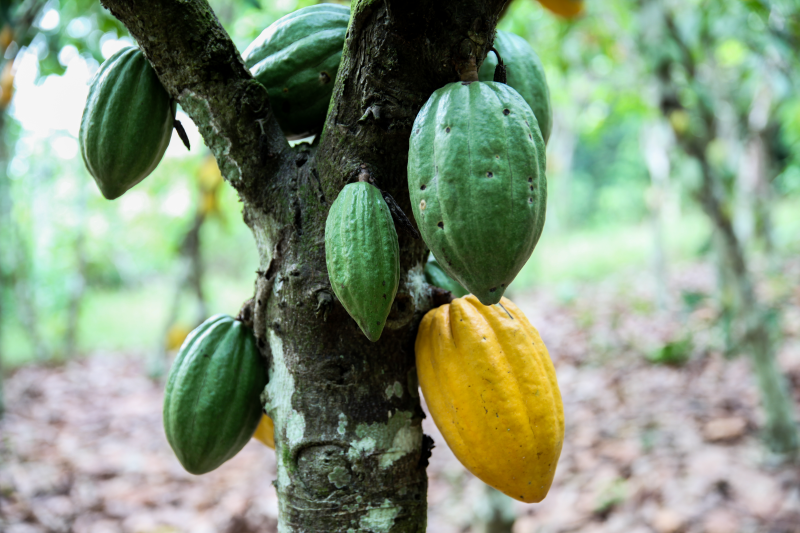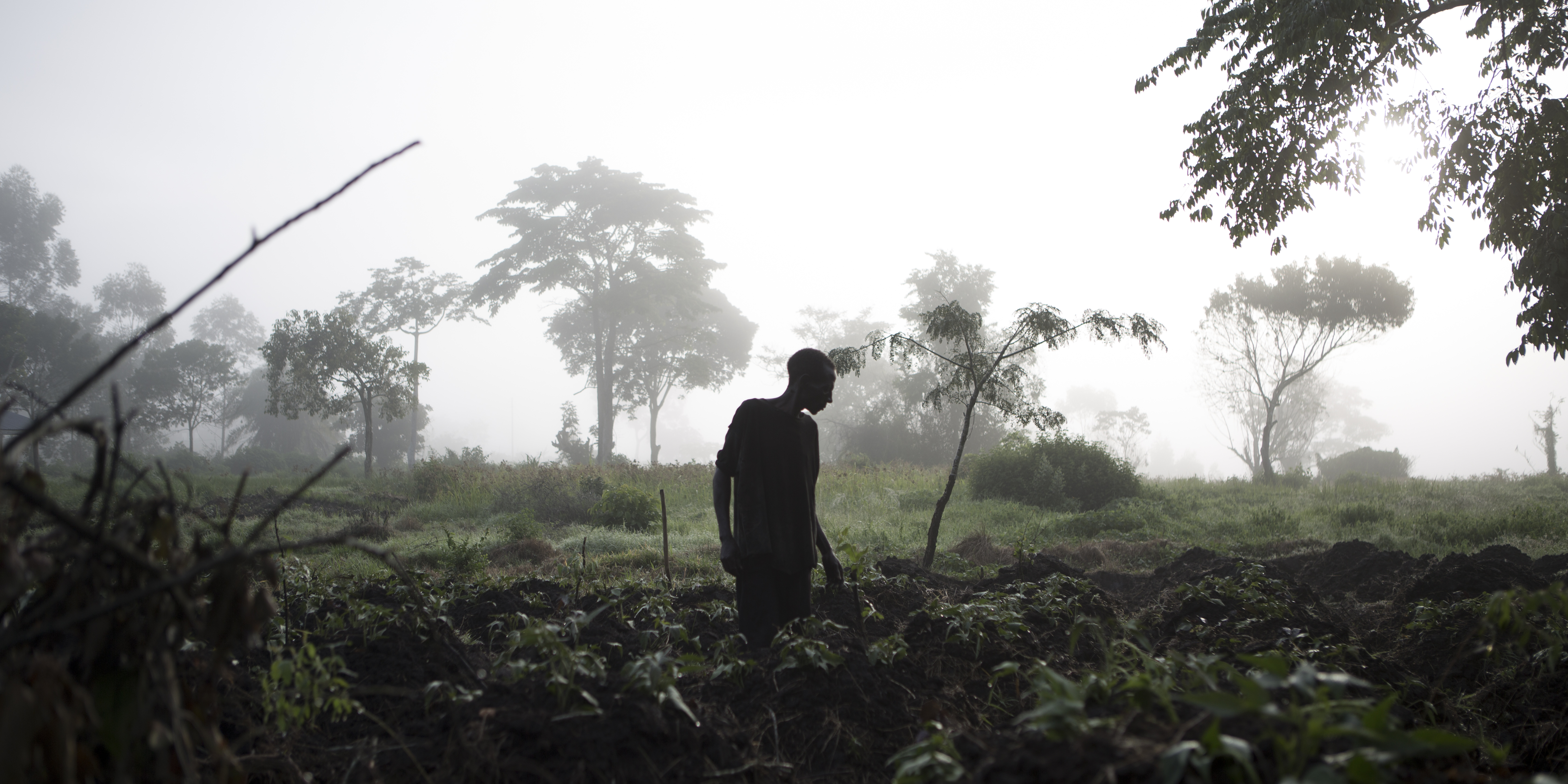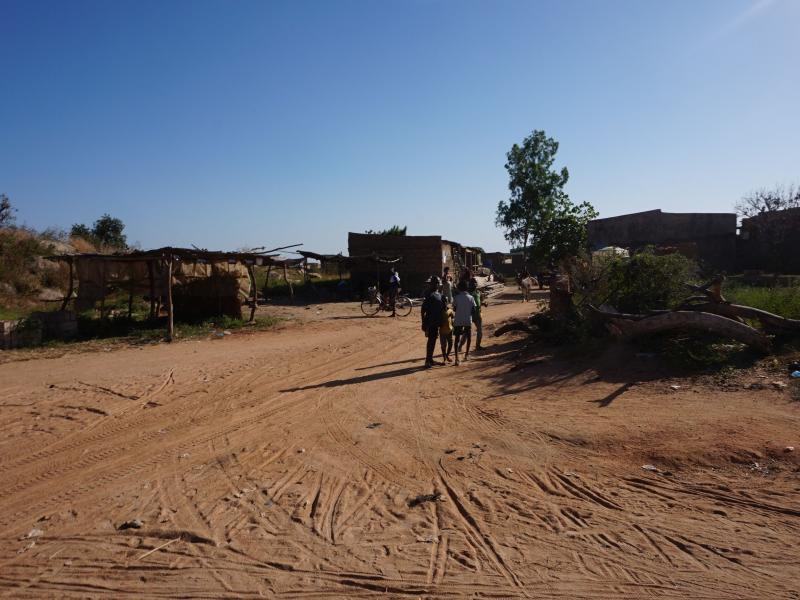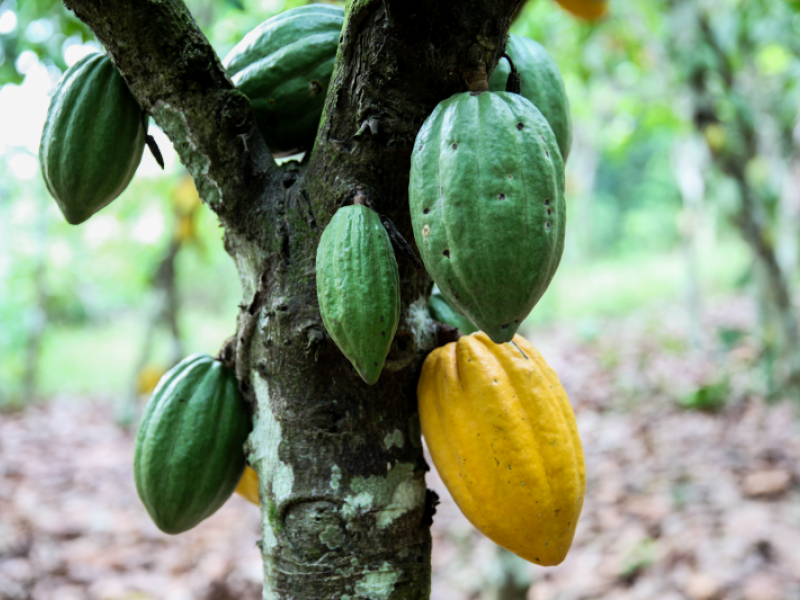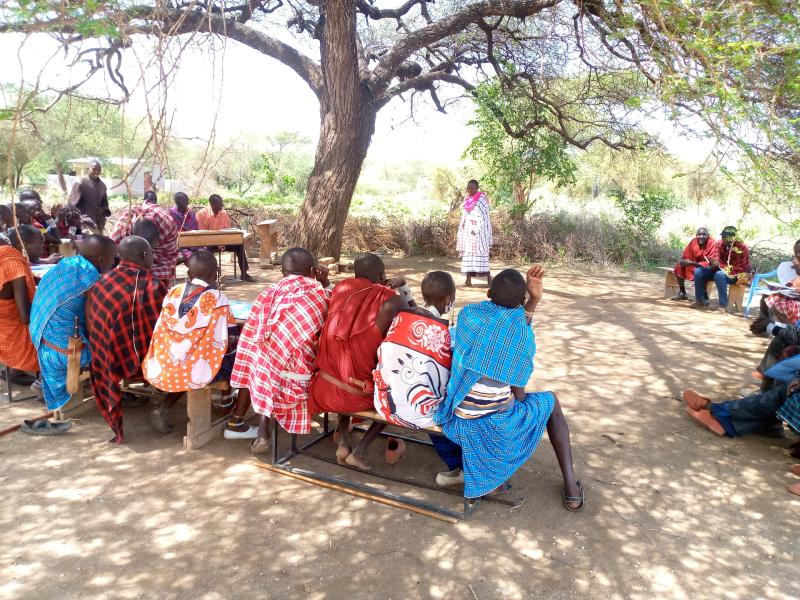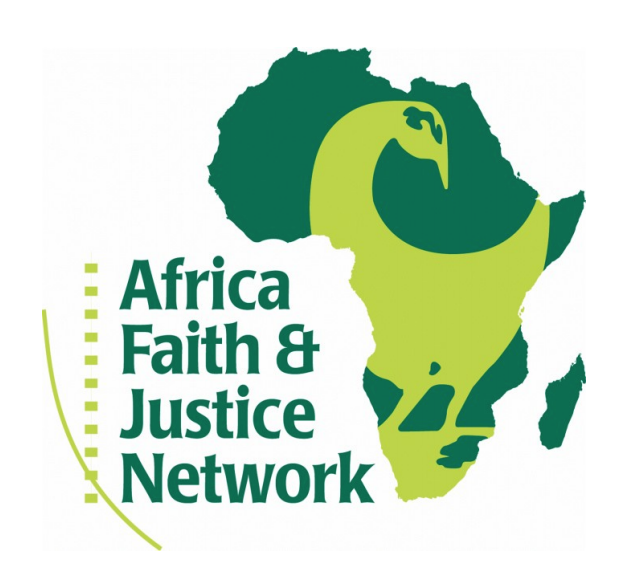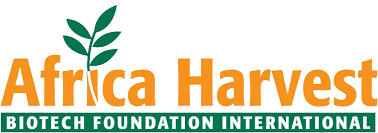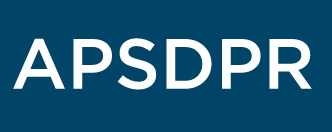Breadcrumb
Africa
NewsBrowse all
24 March 2025
On March 7, 2024, GIZ Ethiopia and Djibouti Country Director, Miss Dorothee Hutter , visited Gambella to observe the implementation of the Support to Responsible Agriculture Investments (S2RAI II) project and engage with key stakeholders. The visit provided a comprehensive look at the project’s…
07 March 2025
While fully acknowledging the recent challenges of the global foreign assistance scene, Cadasta Foundation and Global Land Alliance (GLA) see the crisis as an opportunity to strengthen the global land governance sector.
This opportunity calls us to focus on what we see as the ‘next generation…
21 February 2025
À Madagascar, la sécurisation foncière ainsi que la réhabilitation des terres dégradées ouvrent la voie à une agriculture durable, transformant la vie des communautés locales.
La sécurité des droits fonciers individuels et d'utilisation est primordiale pour promouvoir une agriculture durable et…
Africa
projects
- 0
- 1
- 2
- 3
- 4
- 5
BlogsBrowse all
24 March 2025
Building innovative methodologies to overcome conflict and tension requires to go and work there where it is hardest. ProPFR Côte d’Ivoire (Promotion d’une Politique Foncière Rurale – Global Programme for Responsible Land Policy) tested approaches in Cavally region to help overcome significant…
EventsBrowse all
La Global Land Alliance (GLA) et la FondationLand Portal vous invitent à participer à ce webinaire le 16 mars 2022 pour en savoir plus sur les risques encourus par les épouses informelles lors des campagnes de formalisation des régimes fonciers.
mercredi, 16 mars, 2022
10h 00-11h 30 EST…
OrganizationsBrowse all
- 0
- 1
- 2
- 3
- 4
- 5
- 6
- 7
- 8
- 9
- 10
- 11



